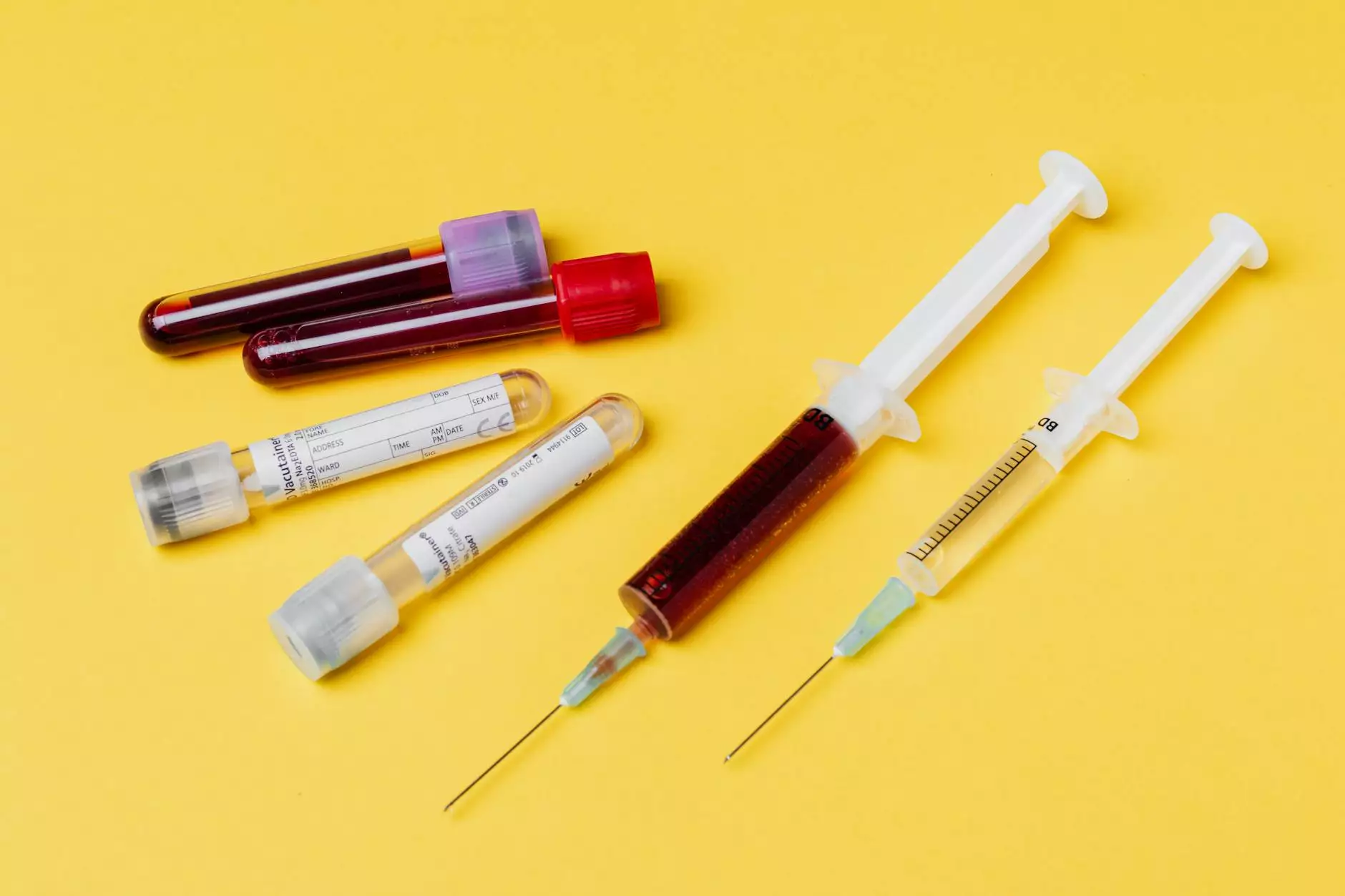Gambling Disorder
Admissions
Understanding Gambling Disorder
Welcome to the comprehensive guide on Gambling Disorder, a prevalent issue affecting individuals and communities worldwide. This page, brought to you by Solomon Schechter Day School, aims to provide valuable information, support, and treatment resources for individuals and families dealing with this challenging condition.
Gambling Disorder, classified as a behavioral addiction, is characterized by the inability to resist the urge to gamble despite detrimental consequences. It affects people from all backgrounds, age groups, and socioeconomic statuses, often leading to severe financial, emotional, and psychological distress.
Signs and Symptoms
Recognizing the signs and symptoms of Gambling Disorder is crucial in seeking timely help and support. While it may vary from person to person, some commonly observed indicators include:
- Preoccupation with gambling: Constantly thinking about past gambling experiences or future opportunities to gamble.
- Need to gamble with increasing amounts of money: The need to wager more significant sums to achieve the same level of excitement or satisfaction.
- Failed attempts to control or stop gambling: Inability to cut back or stop gambling altogether.
- Restlessness and irritability: Feelings of restlessness or irritability when attempting to reduce gambling activities.
- Chasing losses: Persistent attempts to recover previous gambling losses through further gambling.
- Deception and lying: Frequently lying to family members, friends, or therapists to hide the extent of gambling-related activities.
- Financial difficulties: Experiencing significant financial problems due to excessive gambling.
- Relationship breakdowns: Strained or damaged relationships due to the negative impacts of gambling.
Impact on Individuals and Communities
The repercussions of Gambling Disorder extend beyond the individuals directly involved, affecting families, friends, and society as a whole. Some notable impacts include:
- Financial strains: When individuals gamble away their savings, face bankruptcy, or accumulate massive debts, it puts a significant burden on their financial stability.
- Mental health issues: Gambling Disorder is often linked to increased rates of anxiety, depression, and even thoughts of suicide.
- Social isolation: Individuals with Gambling Disorder may progressively withdraw from their social networks, leading to feelings of loneliness and isolation.
- Legal consequences: Engaging in illegal activities to finance gambling habits can result in legal problems, adding further stress and complications to one's life.
- Negative impact on education and employment: When individuals prioritize gambling over education or work obligations, it can lead to underperformance, job loss, and diminished career prospects.
Seeking Help and Support
If you or someone you know is struggling with Gambling Disorder, it is essential to seek professional help and support. The Solomon Schechter Day School offers a range of resources and treatment options to assist individuals on their path to recovery:
- Counseling services: Our experienced counselors provide confidential support tailored to the unique needs of individuals facing Gambling Disorder.
- Support groups: Joining a support group can provide a sense of understanding, community, and guidance from others who have overcome similar challenges.
- Education and awareness programs: Solomon Schechter Day School conducts workshops and educational programs to raise awareness about Gambling Disorder and promote prevention.
- Referrals: We can connect you with trusted professionals specializing in addiction treatment to ensure you receive the most appropriate care.
Prevention and Education
Prevention plays a crucial role in combating Gambling Disorder. Raising awareness, promoting responsible gambling practices, and educating individuals about the potential risks are key focus areas for Solomon Schechter Day School. Through our comprehensive prevention and education initiatives, we strive to:
- Inform individuals and communities: We provide information about responsible gambling practices, the signs of Gambling Disorder, and the potential consequences.
- Offer guidance and support: Our experts offer strategies to help individuals avoid or overcome gambling-related problems and seek assistance when needed.
- Promote healthy alternatives: By highlighting alternative recreational activities and positive coping mechanisms, we encourage individuals to engage in healthier pursuits.
Conclusion
Gambling Disorder is a widespread issue that deserves attention and support. By partnering with Solomon Schechter Day School, individuals and communities can access the necessary resources, treatment options, and prevention programs to address this challenging condition. With professional help, support networks, and a commitment to change, recovery from Gambling Disorder is possible. Take the first step towards a healthier, brighter future today.










